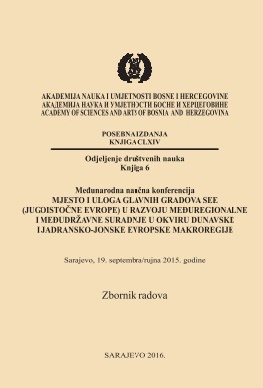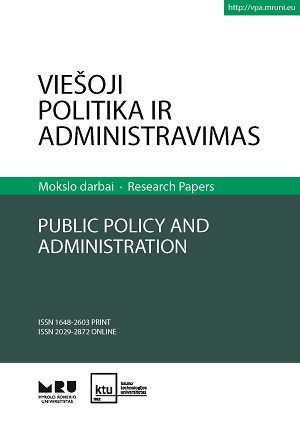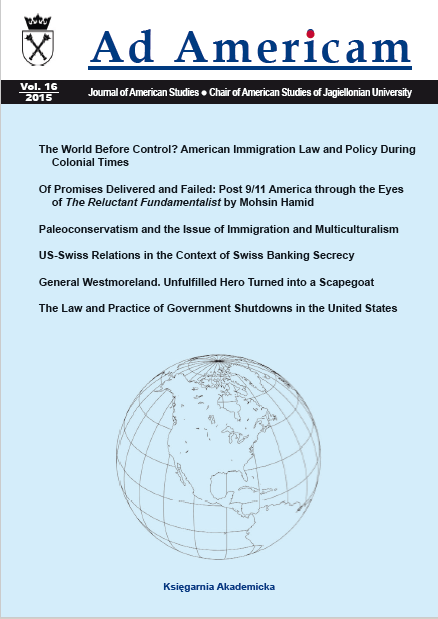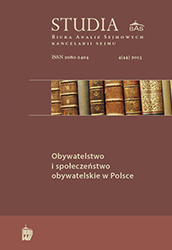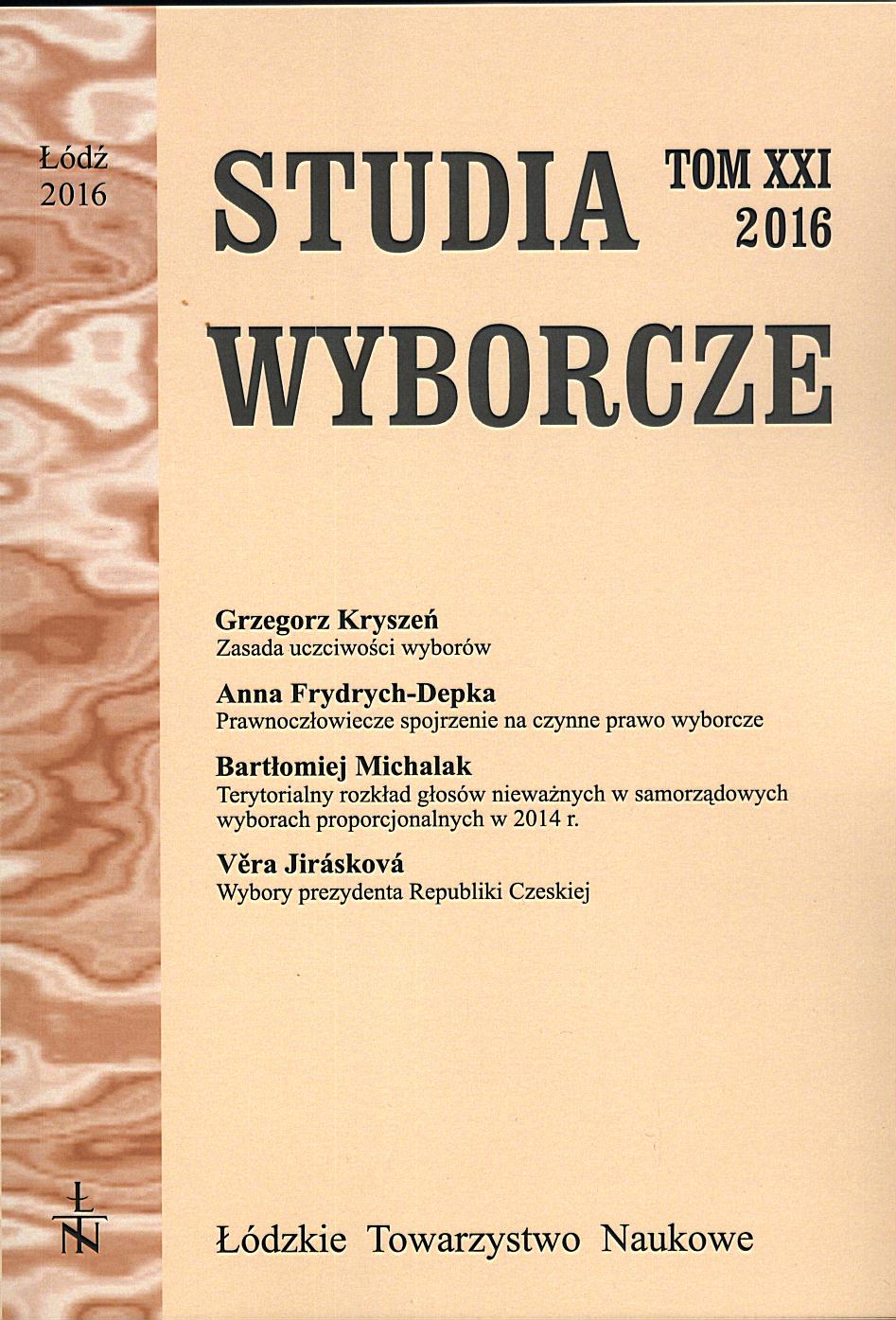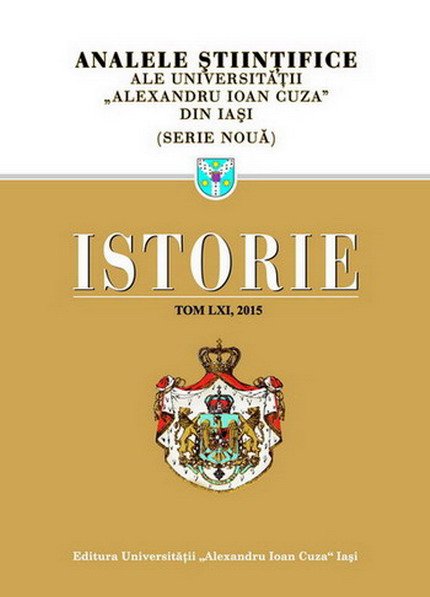
O reformă conservatoare. Legea învăţământului primar din 1893
The problem of educational development has become at the end of the nineteenth century one of the main themes that political parties could no longer deny, without jeopardizing the normal development of the Romanian society. This vital matter was closely related to amending the Law of Public Instruction from 1864, drafted during the reign of Alexandru Ioan Cuza, for which the Romanian politicians were steadily pleading. On January 4, 1892, a month before the election, the Conservative government published its legislative program named „Call to voters” where education was seen as an area to be brought as soon as possible to the requirements of a modern state. It sought the fulfillment of the following goals: streamlining the principle of compulsory primary education, establishing the rights and obligations of teachers, restoration and construction of new schools and primary school teachers. The one appointed by the Lascăr Catargiu – P. P. Carp government to successfully continue its predecessor’s efforts in reforming the education was, throughout the cabinet, Take Ionescu. The bill presented by the conservative politician in the spring of 1893 was composed of six chapters, plus transitional provisions, which raises the number of articles to 91. The law-project of Primary Education was first presented to the Chamber of Deputies on March 1, 1893 and after that, in the Senate meeting of May 3. After boisterous and spirited debates, the project was voted by the Chamber of Deputies in the meeting of March 22 and respectively May 8, in the Senate. Consequently, on 19 May, Take Ionescu sent a letter to King Charles I, letting him know that the draft Law on the Primary Education was approved by the Parliament, asking him to sign the decree for sanctioning and promulgation of this Act from 1 September 1893.
More...
